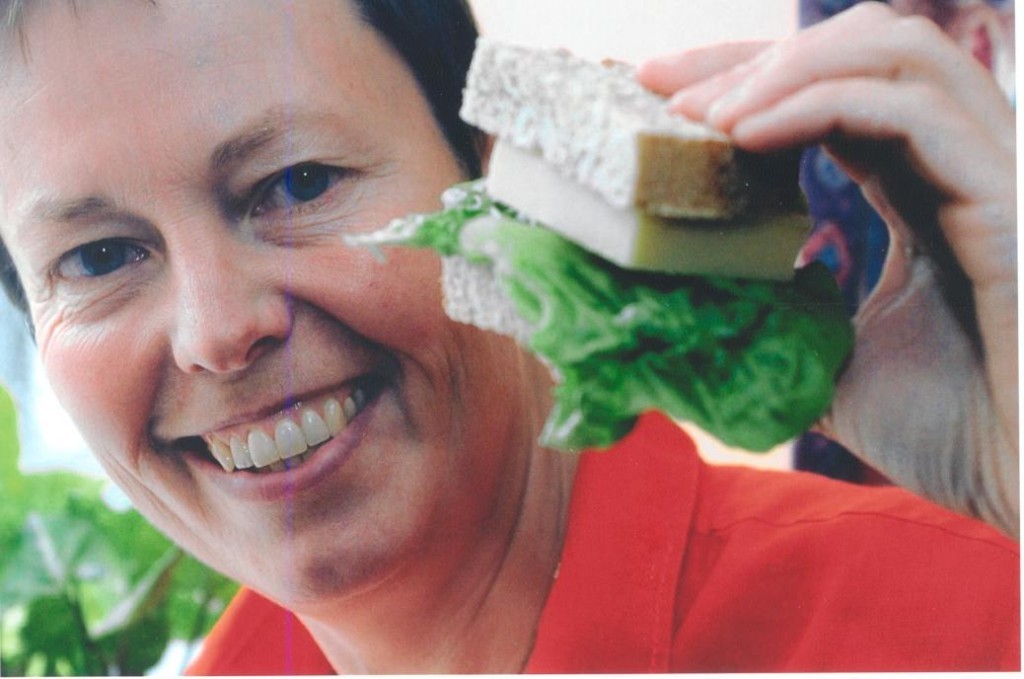
When the price of a barrel of oil falls savings need to be made but a company’s greatest asset is its healthy workforce.
Events over the past decades have led to revisions in offshore health and safety, with dramatic improvements evident in this industry.
Offshore medics are in charge of a well-equipped sick bay, use sophisticated technology such as telemedicine and are supported by onshore medical teams.
Occupational health programmes have encouraged high standards of safety compared with 30 years ago, without forgetting the health aspect within the business of health and safety.
Many of the nutrition programmes are based on low calorie and low fat eating. Catering companies pride themselves on their use of skimmed milk and steamed chicken in their recipes.
However, as with most weight reducing measures, this approach has not worked and many offshore workers are bigger than ever – and subsequently less able to work at optimum levels.
Rather than find a new way to tackle the obesity problem, the oil and gas industry’s answer so far has been to move the goalposts and accept that the workforce is getting bigger.
Health standards which once did not allow an overweight person to work offshore have been shifted.
The changes needed to accommodate this include – as a routine requirement – bigger helicopter seats, a new XXXL size added to the choice of survival suits and “iron man” stretcher bearers in the first aid teams.
Upcoming changes to helicopter weight and size restrictions are just the beginning of a turning tide and operators cannot afford to ignore the impact this ever-growing workforce is having, not only on health but on cost efficiencies too.
Obesity is linked with well-known health risks, and people may find that being overweight reduces their quality of life and work.
Too much fat around your middle puts an extra burden on your back and knees. As it accumulates, it crowds the space around your organs, your lungs have less space to expand and breathing may feel more difficult.
Simple everyday activities associated with offshore working – climbing stairs, bending, kneeling and lifting – become more difficult and there may also be the psychological challenges of depression, stress and self-consciousness which can affect interpersonal relationships, performance and attendance at work.
So, where’s the seat of the problem? The bottom line is that simple calorie-counting does not work – as many seasoned dieters will testify.
While calorie restriction diets can make you lose some weight, they do nothing to teach you about how to eat well in the long term, nor do they necessarily support wellness.
A critical element to this problem may also be the “double-life” led by so many of those in the offshore industry, where routines are difficult to maintain with varying work environments and schedules.
To influence a sustainable change in health and habits across an entire industry, the education and promotion of sustainable habits and routines which will change the way the oil and gas industry fundamentally thinks about food are vital.
I help the oil and gas industry look at lifestyles, personalities and how these influence what and how people eat.
In our part of the world, food is all around us. It is critical that everyone involved in offshore activity – from operators down – embarks on a strategy that allows workers to make healthy, good choices and changes to their current habits and routines.
An alternative to quick-fix diets, I want them to explore the full spectrum of challenges associated with changes to diets and lifestyles, look at ways of overcoming these barriers and, crucially, take on board recommendations of ways to integrate better choices into each day, whether onshore or offshore.
A more energised, more productive and generally healthier workforce is not only the right goal to aim for from a duty of care perspective, it will also bring almost immediate cost and efficiency benefits to the industry. And a common consequence of this improved health? Weight loss.
Dr Chris Fenn is a nutritionist with more than 25 years’ experience in a range of industries. She currently delivers sustainable health programme gloe in conjunction with Aberdeen-based training and change specialist imorph, advising the oil and gas industry on optimum nutrition to solve staff problems including low productivity and stress.
Recommended for you
